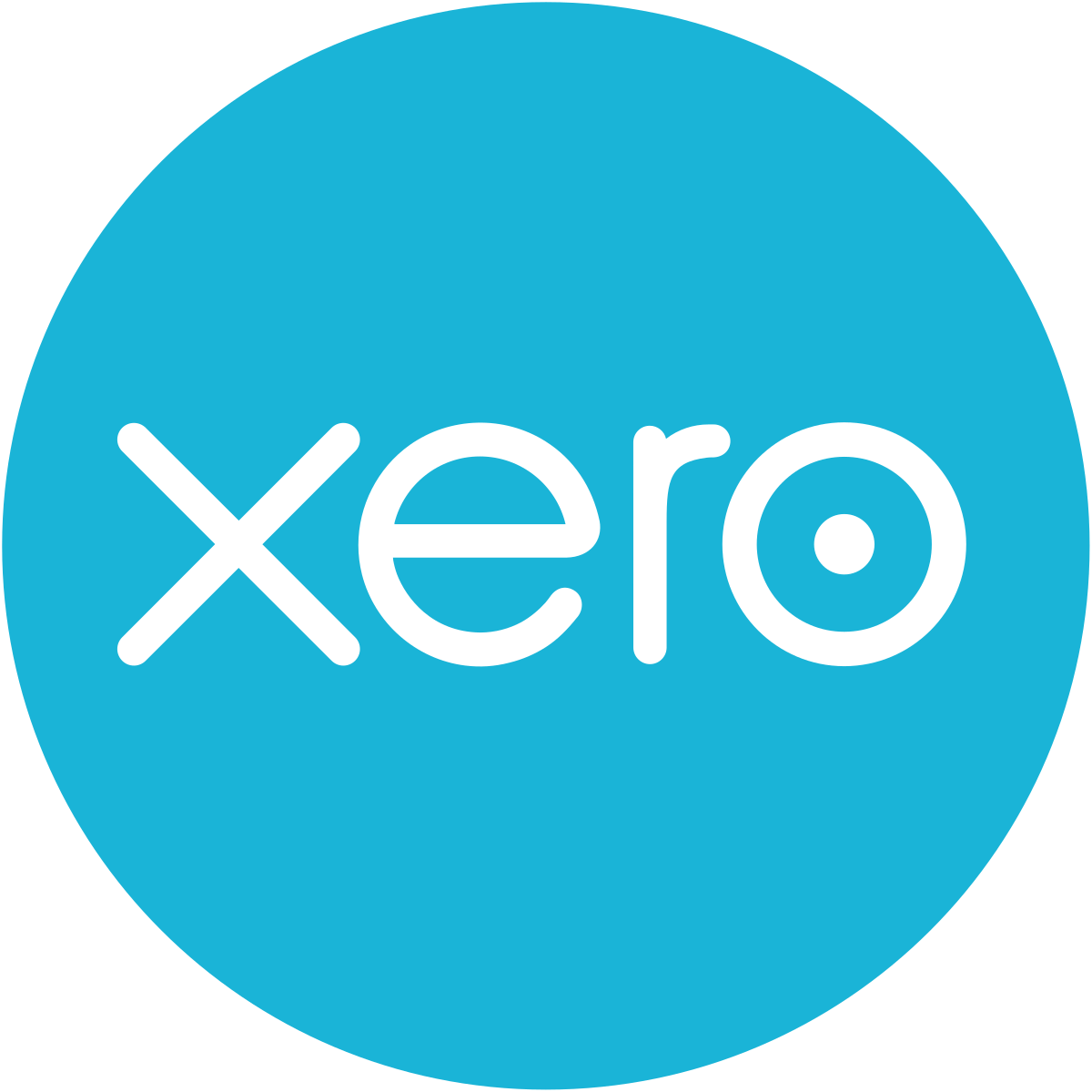When it comes to handling your sole trader self-assessment, it’s normal to feel a bit puzzled. Should you tackle it yourself or bring in a professional? This guide will help you understand the ins and outs of using an accountant for your sole trader self-assessment, ensuring you make an informed decision.
Understanding sole trader self-assessment
As a sole trader, completing a self-assessment tax return is an annual ritual. It involves reporting your income to HM Revenue and Customs (HMRC) and calculating how much tax and National Insurance you owe. While it sounds straightforward, the process can be time-consuming and, if not done correctly, costly.
The benefits of using an accountant
1. Expertise and accuracy
Accountants are well-versed in tax laws and regulations. They can navigate the complexities of tax deductions, allowances, and reliefs you’re entitled to, ensuring your tax return is accurate and maximises your take-home income.
2. Time-saving
Completing a self-assessment can be a daunting task that consumes precious time. An accountant can relieve you of this burden, allowing you to focus on running your business.
3. Avoiding penalties
Mistakes or late submissions in your tax return can lead to penalties. An accountant ensures your tax affairs are in order, filed correctly and on time, helping you avoid unnecessary fines.
4. Peace of mind
Knowing a professional is handling your taxes can provide a sense of security. Accountants can also offer valuable advice on financial planning, helping your business grow.
When might you consider DIY?
While there are clear benefits to using an accountant, some sole traders may still choose to handle their self-assessment independently. This might be more suitable if:
- Your business finances are straightforward, with minimal expenses and a single income stream.
- You’re comfortable with numbers and the HMRC’s self-assessment system.
- You have time to stay updated on tax legislation and ensure your return is accurate.
Choosing the right accountant
If you decide to use an accountant, selecting the right one is crucial. Look for someone with experience in dealing with sole traders and a good understanding of your industry. Personal recommendations or reviews can be a good starting point. Moreover, ensure they’re qualified and registered with a professional body like the Association of Chartered Certified Accountants (ACCA) or the Institute of Chartered Accountants in England and Wales (ICAEW).
Final thoughts
Deciding whether to use an accountant for your sole trader self-assessment boils down to a balance between cost, convenience, and peace of mind. While there’s a cost involved in hiring a professional, the benefits often outweigh the expense through time saved, potential tax savings, and the assurance that your finances are in expert hands.
Remember, the decision is personal and depends on the complexity of your financial affairs and how comfortable you are with handling your own taxes. Whether you choose to go it alone or seek professional help, staying informed and organised is key to successfully managing your sole trader self-assessment.
Need saving from self-assessment? We’re here to help. Contact us today.

